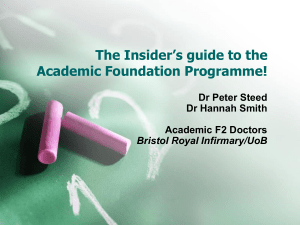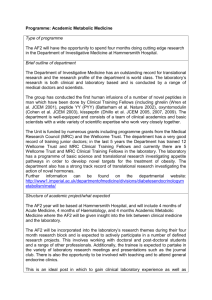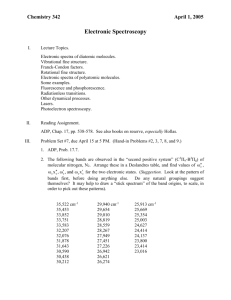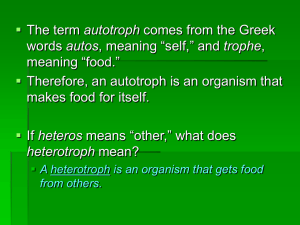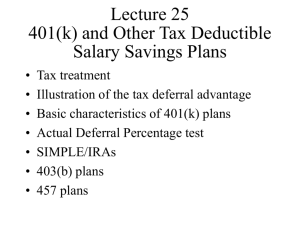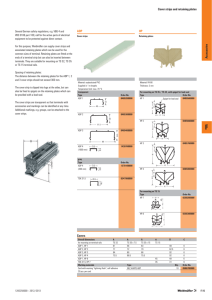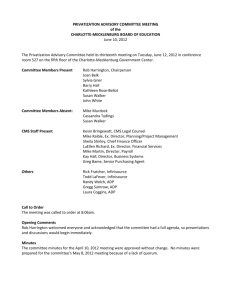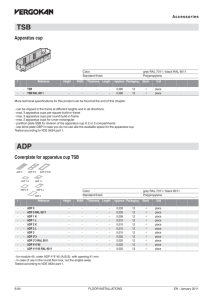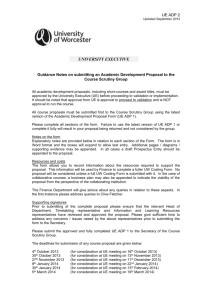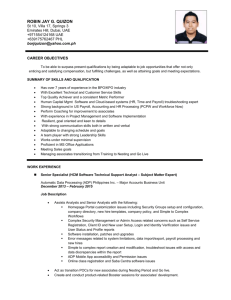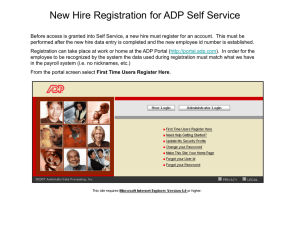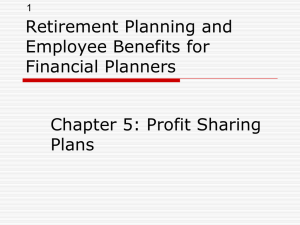AF2-talk-2011
advertisement
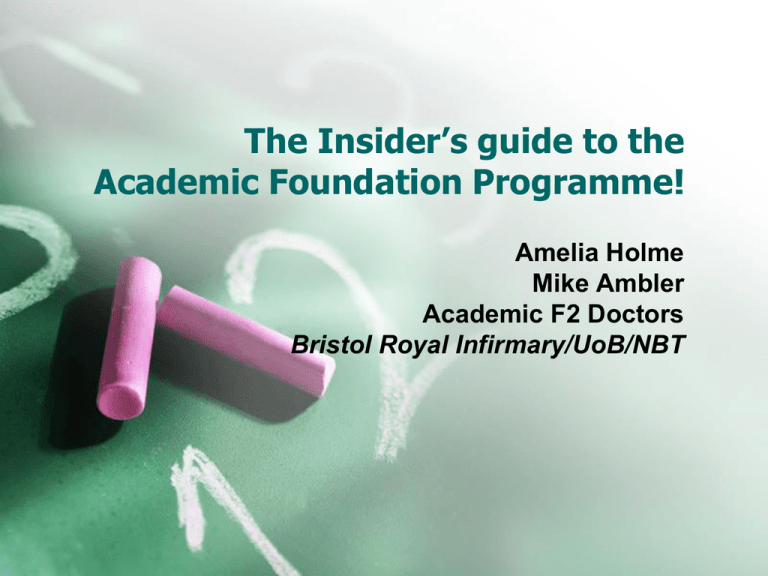
The Insider’s guide to the Academic Foundation Programme! Amelia Holme Mike Ambler Academic F2 Doctors Bristol Royal Infirmary/UoB/NBT Introduction • A bit about us and how we ended up doing an Academic Foundation Programme • What we did for our research projects • A week in the life of an AF2 • The best and worst things about being an AF2 • Top tips + Questions Mike • Physiology & Psychology MA (2004) • Graduated MBBS (2009) UCL • F1 Year NBT Surgery/Care of the Elderly/Short-stay Medicine • AF2 Year NBT: Laboratory science/ITU/GP Career Intentions • Year abroad in South Africa • Applying for ACCS (Acute Care Common Stem) • Plan to do intensive care and a PhD in medical physiology – Cardiff WCAT My research • Working in physiology department with Tony Pickering looking at the use of viral vectors in brainstem neurophysiology ECG Laser input aCSF Expected Outcomes • Still in process of collecting data • Will be submitting an abstract for Experimental Biology 2011 in Boston Amelia • Intercalated BSc in Public Health & Epidemiology • Graduated 2009 University of Birmingham MBChB • Doing “Child Health” AF2 • F1: Gastroenterology/Cardiology/Surgery • F2: Paeds renal/Research/Psychiatry My Research • Interested in paediatrics and public health • Chose Bristol as very good community child health department and ALSPAC My Research • Data from ALSPAC • Brilliant because: Ethics approval already obtained Data already collected All I had to do was analyse the data and write up the paper My Research • Psychological and educational outcomes of growth faltering in infancy in the Avon Longitudinal Study of Parents and Children • Submitting abstract to BACCH in april • Paper drafted and will be submitted to Pediatrics in a few weeks time Career intentions • Not really sure • Year out next year • Potentially will apply for ACF in Paediatrics in Severn A week in the life of an AF2 Monday Research Post (4 months) Lab Clinical Postx2 (4 months) Hospital Tuesday Teaching Hospital Wednesday Hospital Lab Thursday Lab Hospital Friday Lab Hospital Purpose of AF2 • Walport report identified lack of structure for clinical academic training. • Introduction to research in early career • Provision of generic research skills • Preparation for ACF Career Structure The best things about AF2 • Great experience in research that other F2’s don’t have • Dedicated academic teaching programme • Great for the CV – will get publications/posters/presentations etc • Can do other qualifications eg. STATA course, teaching courses etc The best things about AF2 • Flexible in what you do your project in (some) • Prestigious – competitive entry as undergraduate • Good hours so can revise for membership exams (not officially supposed to!) • Social • Advantage at CT/ST Training applications The worst things about AF2 • Got to achieve same clinical competencies as non-academic colleagues in 2/3 of the time • Reduced clinical exposure • “Slackademics” – reputation • Some jobs unbanded and odd combinations The worst things about AF2 • Research component can be lonely/frustrating • For the surgeons: placements all quite medically biased, only one surgical AF2 post • For unfortunate few – projects don’t take off, too big to do in 4 months, ethics approval issues etc. Top Tips • BSc not vital: can demonstrate academic potential via ranking/distinctions/publications etc • Think carefully about how it fits in with your career intentions • Surgeons may want to look at other deaneries • Research what the deanery offers AF2s • Prepare for the interview • Good luck! Questions
